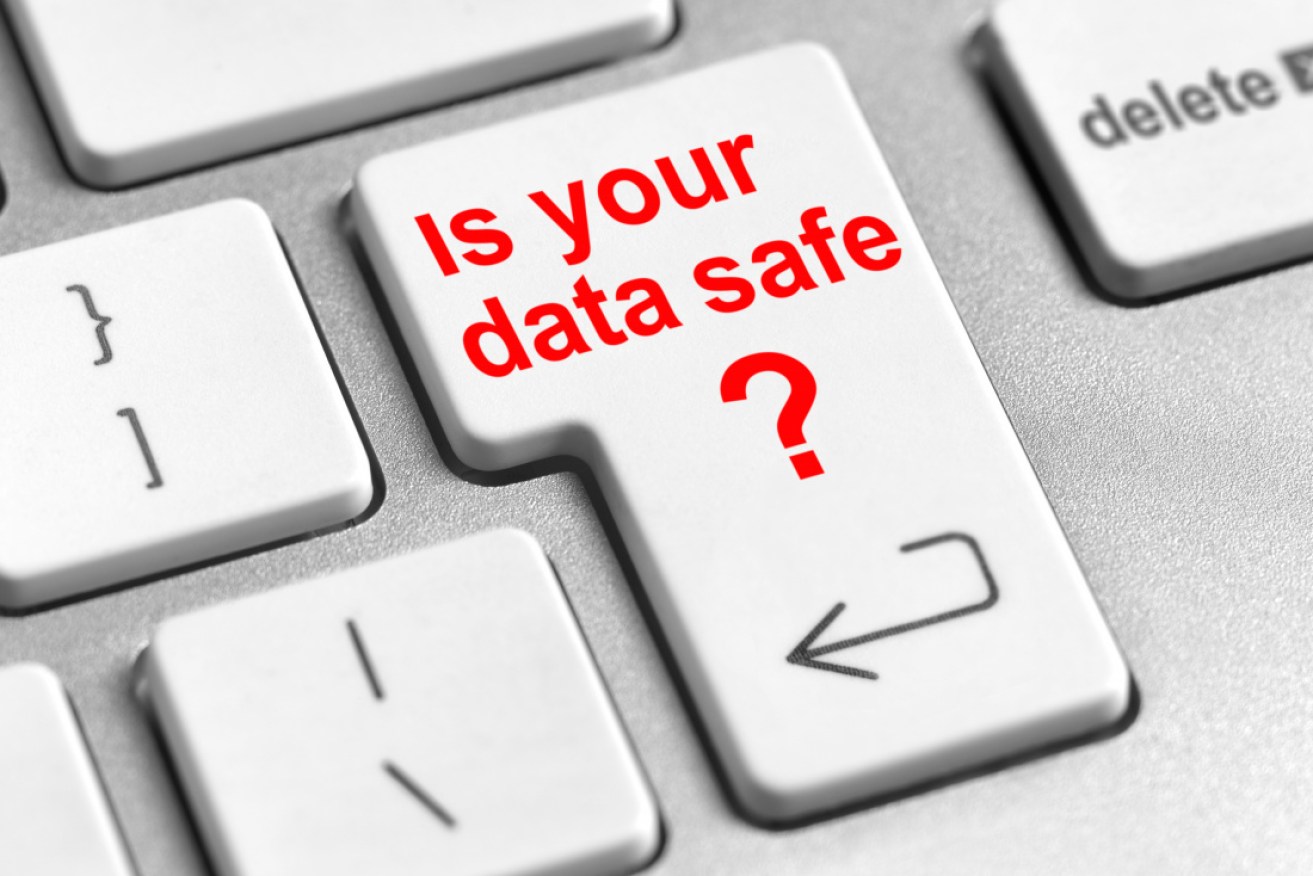COVIDSafe and the privacy paradox: Why so many Australians haven’t signed up


People tend to say they're concerned about digital privacy, but do very little to protect themselves. Photo: Getty
This week, in the Covid Conversation podcast, I’m talking with two Professors of Law from the University of Melbourne about privacy and the contradictory ways we think and act about it in our digital and virtual lives.
This is known as the privacy paradox, and it routinely emerges in surveys of online behaviour: while users claim to be very concerned about their privacy, they nevertheless undertake very little to protect their personal data.
Turning that around, in the age of COVID-19, there’s broad support for rules and initiatives that are designed to limit the spread of the virus.
Yet, COVIDSafe, the app launched by the federal government to facilitate contact tracing, has struggled to attract the six million subscribers required to make it effective.
In fact, epidemiologists say we need a much higher take-up than the government is asking for.
Is this because of privacy concerns or because too many people expect others to carry the load? Or are there other issues going on?

Professor Jeannie Paterson is concerned that digital assistants such as Siri are becoming somewhat intrusive. Photo: University of Melbourne
Professor Jeannie Paterson is Professor of Law at the Melbourne Law School, co-director of the Centre for AI and Digital Ethics and has a research interest in consumer protection and new technologies.
Professor Paterson recently co-authored a consumer-friendly piece about the privacy paradox and those friendly, sometimes arch digital assistants (hello Siri) that tend to know a little too much about what we’re up to. It’s an article worth reading because of the practical advice it gives about limiting Siri and company’s intrusions.
Regarding COVIDSafe, she said: “When you ask people would you like to do something to help the community, they’re undoubtedly going to say say yes. But when it comes down to it, there are a number of hurdles they may have to overcome. The first one is they have to act. They have to overcome that ‘it’s easier to stay where I am.’
“The next one is they have to have a phone that uses Bluetooth technology. We have to remember there are a lot of people out there who are using old phones. Or don’t have phones … there’s actually a digital poverty issue there.
“They have to have the technical ability to download and run the app. And not all people have that. It can be an age-related issue.
I think there are concerns about privacy. Remember the distrust that was engendered over the attempt to send the Census online?
“And I think there are those behavioural biases. On the one hand, there’s that sense we want to help. There’s a state of emergency. That’s the language used by the government. We’re all in this together. We need to pull together to get over this crisis…
“But many people don’t see COVID as a present risk to them. That takes away the incentive for them to do something they don’t quite understand … And there are concerns about how well or whether the COVID app actually works.”

Professor Megan Richardson has written a book about the emergence of privacy as a legal issue in the 19th Century. Photo: University of Melbourne
Megan Richardson is a Professor of Law at the Melbourne Law School where she teaches Privacy Law and Social Networks. Professor Richardson had has long involvement in privacy law reform, and she’s the author of The Right to Privacy: Origins and Influence of a Nineteenth-Century Idea.
The terms “Right to Privacy” was apparently coined by two American lawyers who were concerned about the intrusive “yellow press” and the advent of the camera as a tool for personal use and mischief, courtesy of the Kodak company.
The complaints we make today about having no privacy from other people’s cameras began at the end of the 19th Century. Professor Richardson said “Kodakers” – as amateur photographers were known – laid in wait for “people to fall off their bicycles.”
Professor Richardson said: “The whole history of privacy has been intermingled with technology.”
To hear more about the emergence of privacy as a legal issue, you’ll find Professor Richardson speaking at length on this week’s episode of the Covid Conversation.








